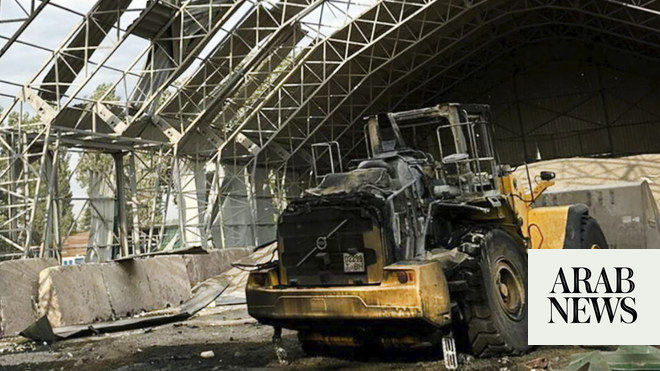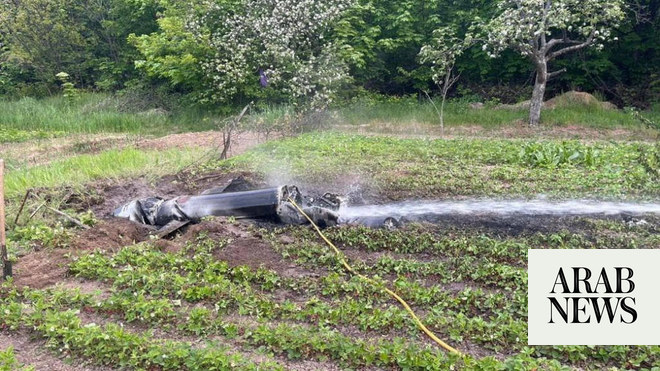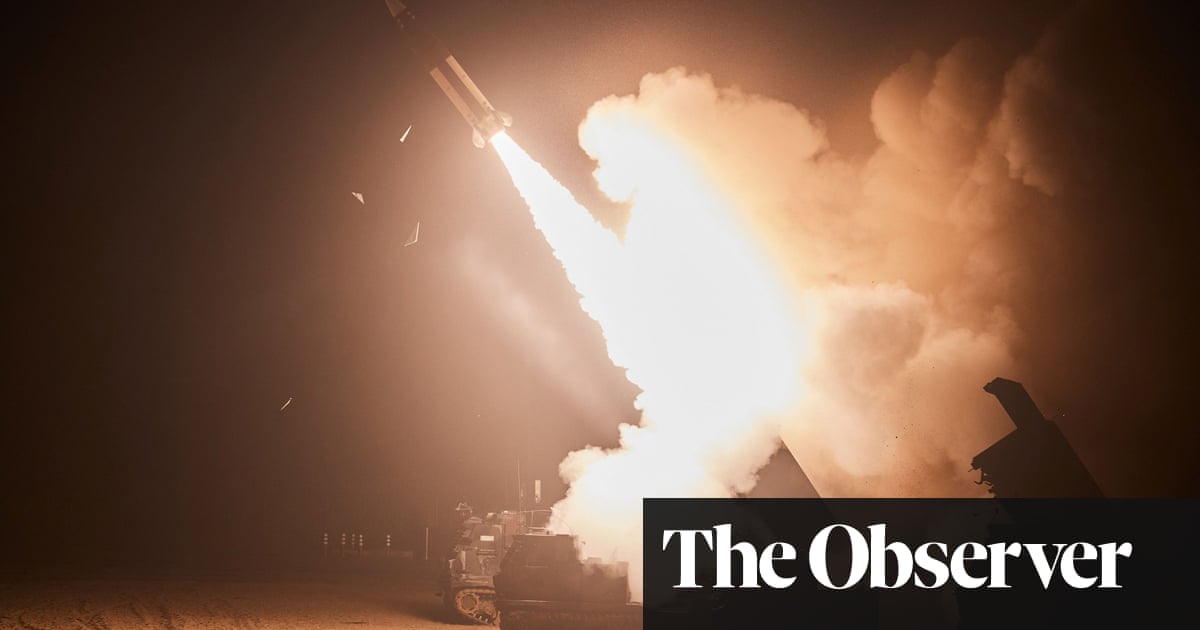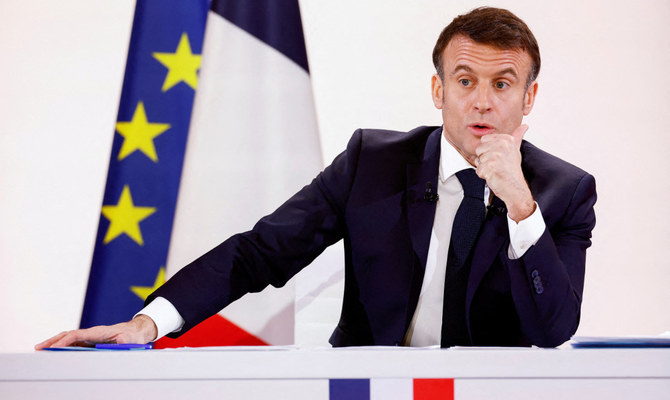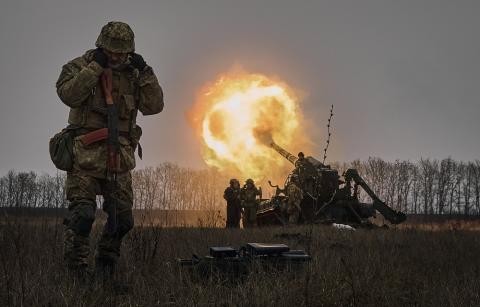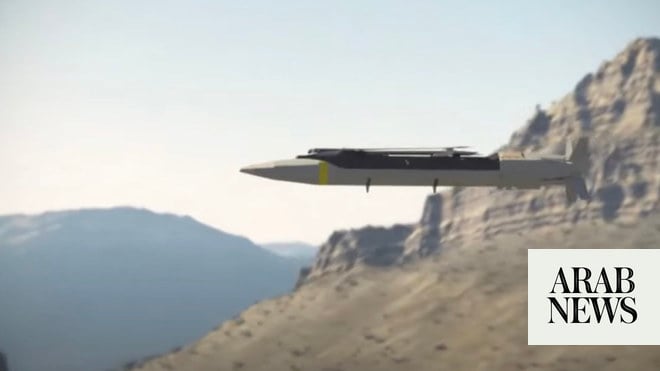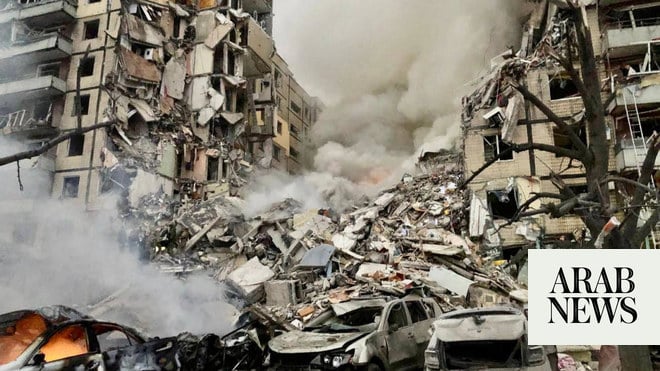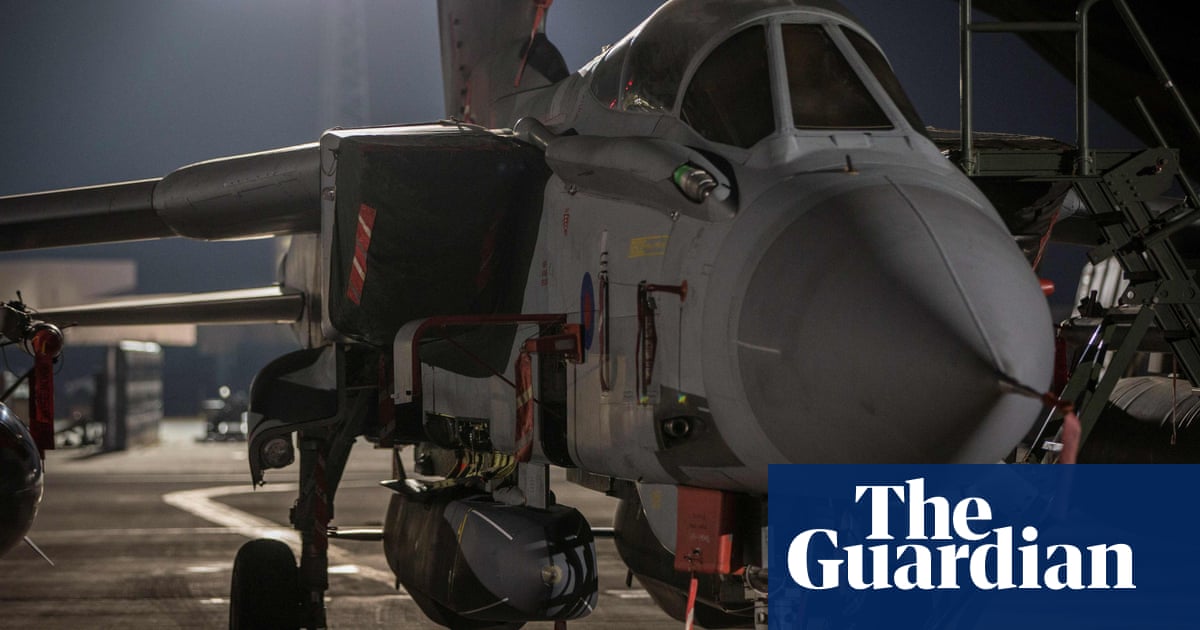
Britain and a group of European allies are hoping to supply long-distance cruise missiles to Ukraine, similar in range to those the US has so far refused to supply Kyiv, which could allow its army to strike deep into Russian-occupied Crimea.
A tender document quietly released by the UK calls for western arms makers to offer “missiles or rockets with a range 100-300km” (62 to 186 miles) to the International Fund for Ukraine, run jointly with Denmark, the Netherlands, Norway and Sweden.
The capabilities specified are in line with the high-end Storm Shadow missile which has a range of “in excess of 250km” according to its manufacturer, European arms group MBDA, which makes them for the British and French militaries.
A British official, speaking anonymously, said the tender requirements were “rather consistent” with the Storm Shadow, although they emphasised no final decision had yet been taken to supply the cruise missiles to Ukraine.
Ukraine’s leadership have long sought long-range missiles to hit enemy troop concentrations and logistics hubs deep behind the frontline, but the White House has refused to give Kyiv weapons that could strike well inside Russia’s internationally recognised borders.
Leaked Pentagon papers reported, based on electronic eavesdropping, that Ukraine’s president, Volodymyr Zelenskiy, complained in late February to the head of the country’s military, Gen Valeriy Zaluzhny, that Ukraine “does not have long-range missiles capable of reaching Russian troop deployments in Russia”.
High-precision US Himars rocket launchers used heavily by Ukraine use missiles with a much shorter range of 47 miles. There is also a longer-range, 186-mile ATACMS variant, but it is this that the Biden administration has repeatedly declined to supply, worried that such a move could be considered escalatory.
Britain is unlikely to want to go ahead without US support, and getting to this point may have required diplomatic wrangling. Rishi Sunak, the UK prime minister, said the UK “will be the first country to give Ukraine longer-range weapons” – but that was back in February.
Ukrainian sources said they were hopeful. The country’s leaders are also likely to promise not to strike inside Russia proper with the missiles, using them to support a keenly anticipated counteroffensive aimed at forcing Moscow to abandon Crimea and other occupied Ukrainian territory.
Ben Hodges, a former commanding general for the US army in Europe, said he believed Russia’s “Black Sea fleet would already have departed Sevastopol if Ukraine had Storm Shadow”, which is one of several precursors to recapturing Crimea. Zelenskiy and other Ukrainian leaders “would not want to lose the trust of the west” by using long-range missiles beyond agreed limits, the retired general argued.
Even if the UK and its European partners go ahead, another issue is cost. Each cruise missile is estimated to cost around £2m, a significant expense for the International Fund, which has £320m left of the £520m first raised from the UK and other partners.
Storm Shadow missiles for the UK are made in Stevenage and were originally an Anglo-French joint development. The missiles were first fired in the 2003 invasion of Iraq, and have been used by the UK on a number of occasions to bomb Islamic State targets in Syria and Iraq.
In theory, they can be mounted on the Soviet-designed MiG-29 and Su-27 combat jets still used by Ukraine. Despite Russia’s greater air power, Kyiv has managed to retain a small air force, capable of running a dozen or so missions a day, after 15 months of the war.
Britain’s Ministry of Defence said: “We have invited industry suppliers to submit expressions of interest” to provide long -range missiles and other arms. A final decision to supply to Ukraine would rest with the five country executive panel, the spokesperson added.
Suppliers who have expressed interest “will be contacted from 5 June”, the tender document says, although the fund has in the past been plagued by delays.
It is likely that any Storm Shadow missiles supplied would be at a reduced export range of about 186 miles (300km) to comply with the voluntary Missile Technology Control Regime (MTCR) to which the UK, Ukraine and the US are all signed up to.





